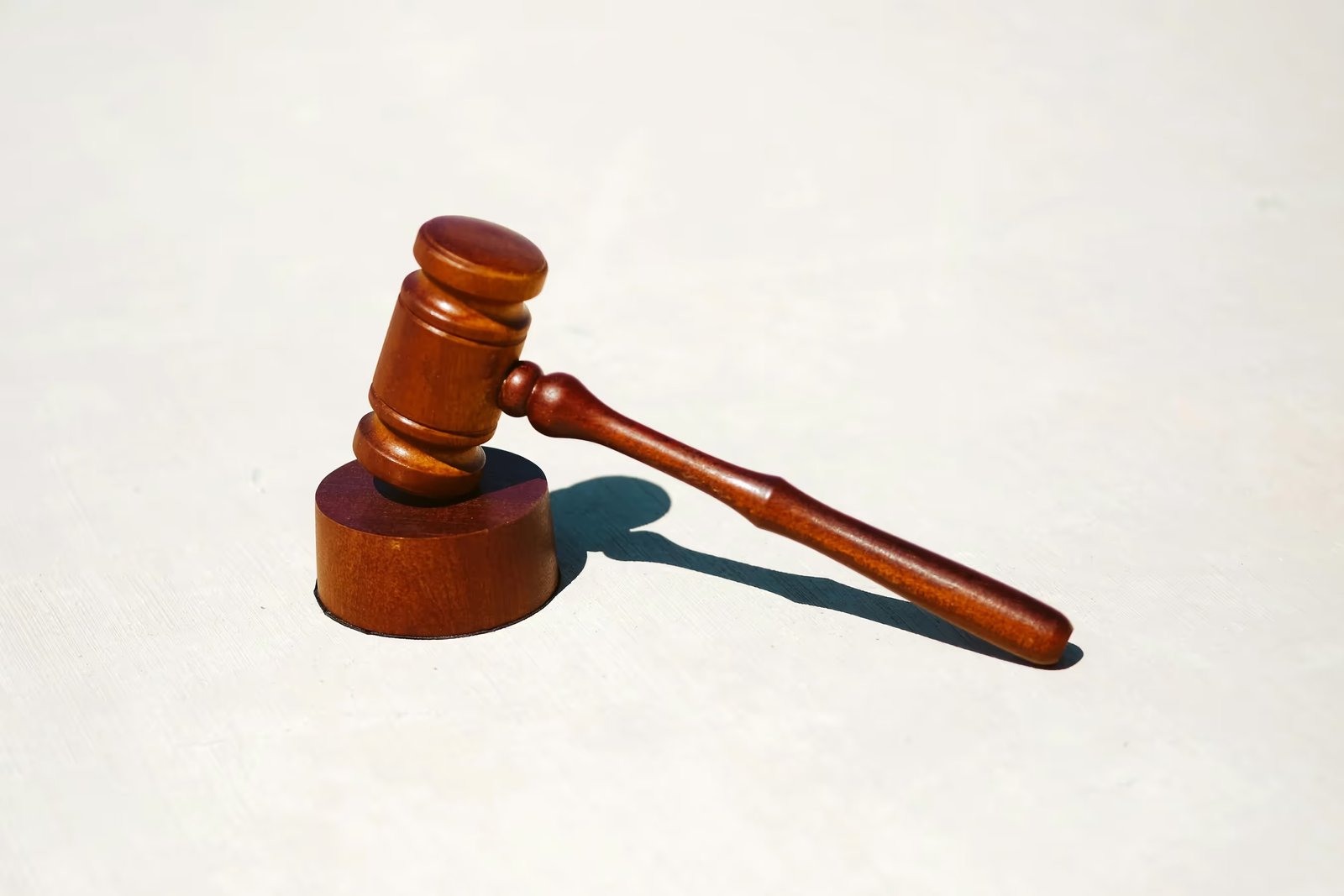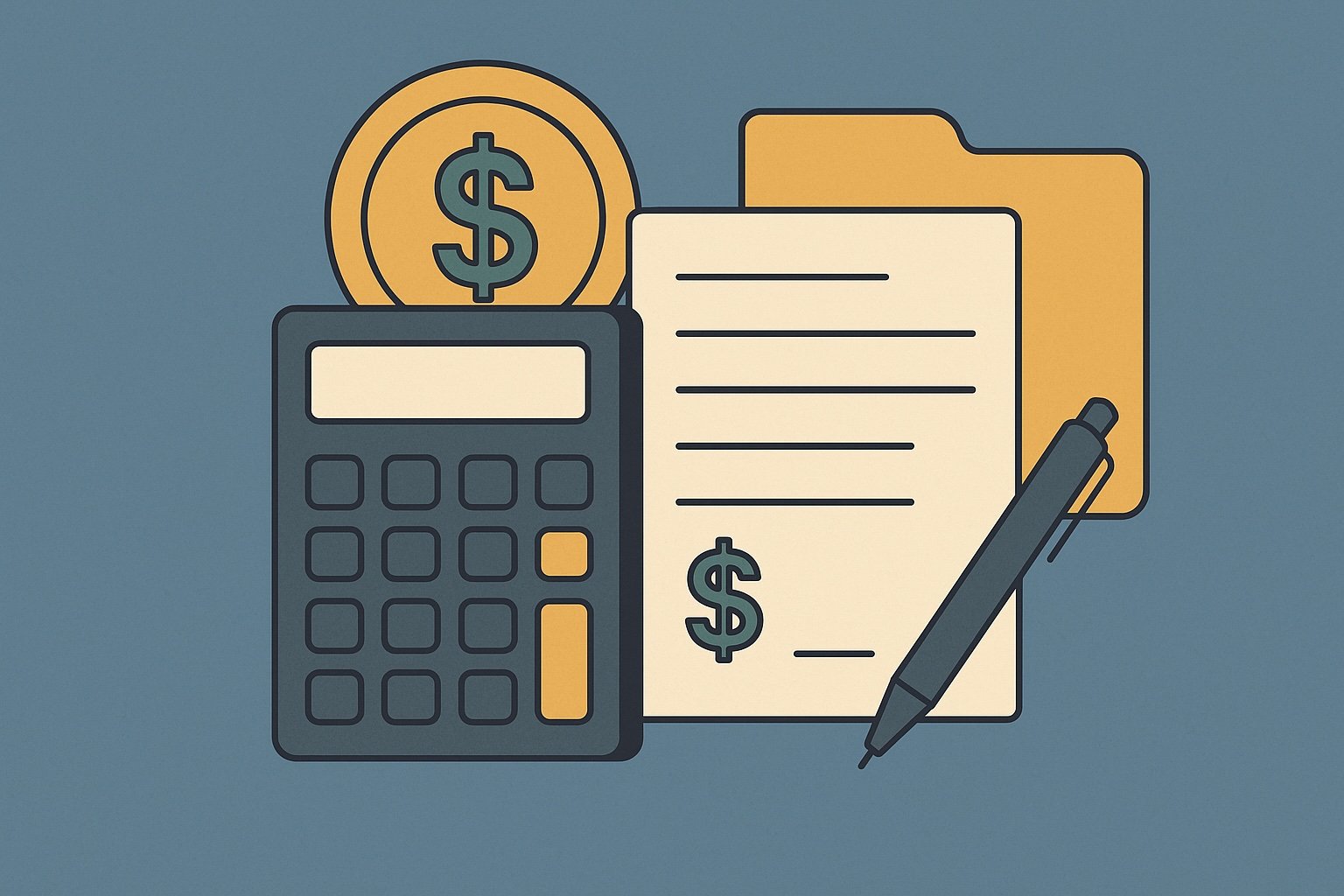Question
ARTE's Answer
The “2-year rule” in the context of a 1031 exchange primarily refers to the holding period requirement for exchanges involving related parties. Under Section 1031 of the Internal Revenue Code, a like-kind exchange allows you to defer capital gains taxes on the sale of a property if you reinvest the proceeds into a similar property. However, when the exchange involves related parties, there are additional rules to ensure that the transaction is not used to avoid taxes improperly.
The 2-year rule mandates that both the relinquished property and the replacement property must be held by the respective parties for at least two years following the exchange. This rule is designed to prevent related parties from engaging in a series of quick exchanges to manipulate tax outcomes. If either party disposes of the property within this 2-year period, the deferred gain from the exchange must be recognized and reported on their tax return.
There are exceptions to this rule, such as if the disposition is due to the death of either related party, an involuntary conversion (like a natural disaster), or if it can be demonstrated to the IRS that the exchange was not primarily for tax avoidance purposes.
Let's illustrate this with an example involving Deferred.com as the qualified intermediary:
Imagine you own a commercial property (Property A) with a fair market value of $500,000 and an adjusted basis of $200,000. Your brother owns a different commercial property (Property B) with a fair market value of $500,000 and an adjusted basis of $300,000. Both properties are held for investment purposes.
You decide to engage in a 1031 exchange with your brother, using Deferred.com as the qualified intermediary. Here's how the process unfolds:
- You transfer Property A to Deferred.com, who then sells it to a third party for $500,000.
- Deferred.com uses the proceeds to acquire Property B from your brother and transfers it to you.
- Your brother receives the $500,000 from the sale of Property A.
Both you and your brother must hold the newly acquired properties for at least two years to comply with the 2-year rule. If either of you sells the property within this period, the deferred gain from the exchange must be recognized. For instance, if you sell Property B after one year, you would need to report the gain from the original exchange of Property A on your tax return.
By using Deferred.com as your qualified intermediary, you ensure that the exchange is structured correctly, and you benefit from our “No Fee Exchange” service, saving you money in the process. This example highlights the importance of adhering to the 2-year rule when dealing with related parties in a 1031 exchange to maintain the tax-deferred status of the transaction.
Have more questions? Call us at 866-442-1031 or send an email to support@deferred.com to talk with an exchange officer at Deferred.
Sources
1031 Question? Ask ARTE
Deferred's AI 1031 Research Assistant is trained on 8,000+ pages of US tax law and outperforms human CPAs by 22%+
CHAT NOW
Learn More
See more frequently asked questions about 1031 exchanges








